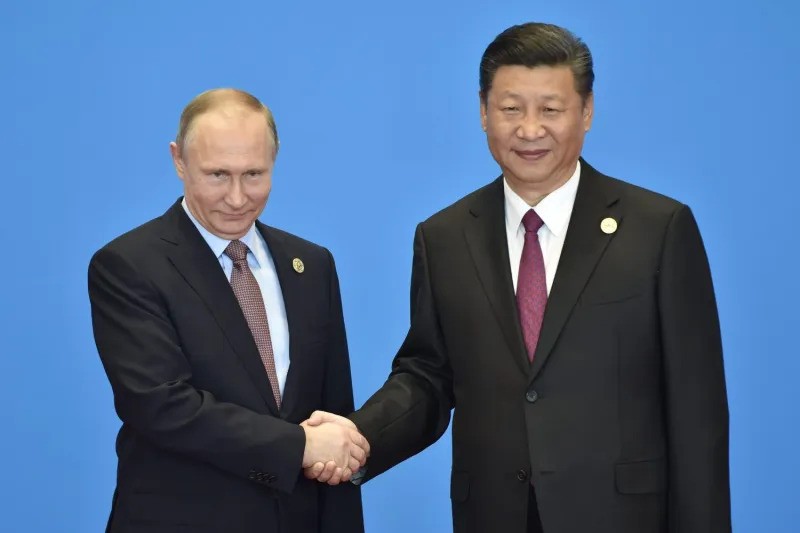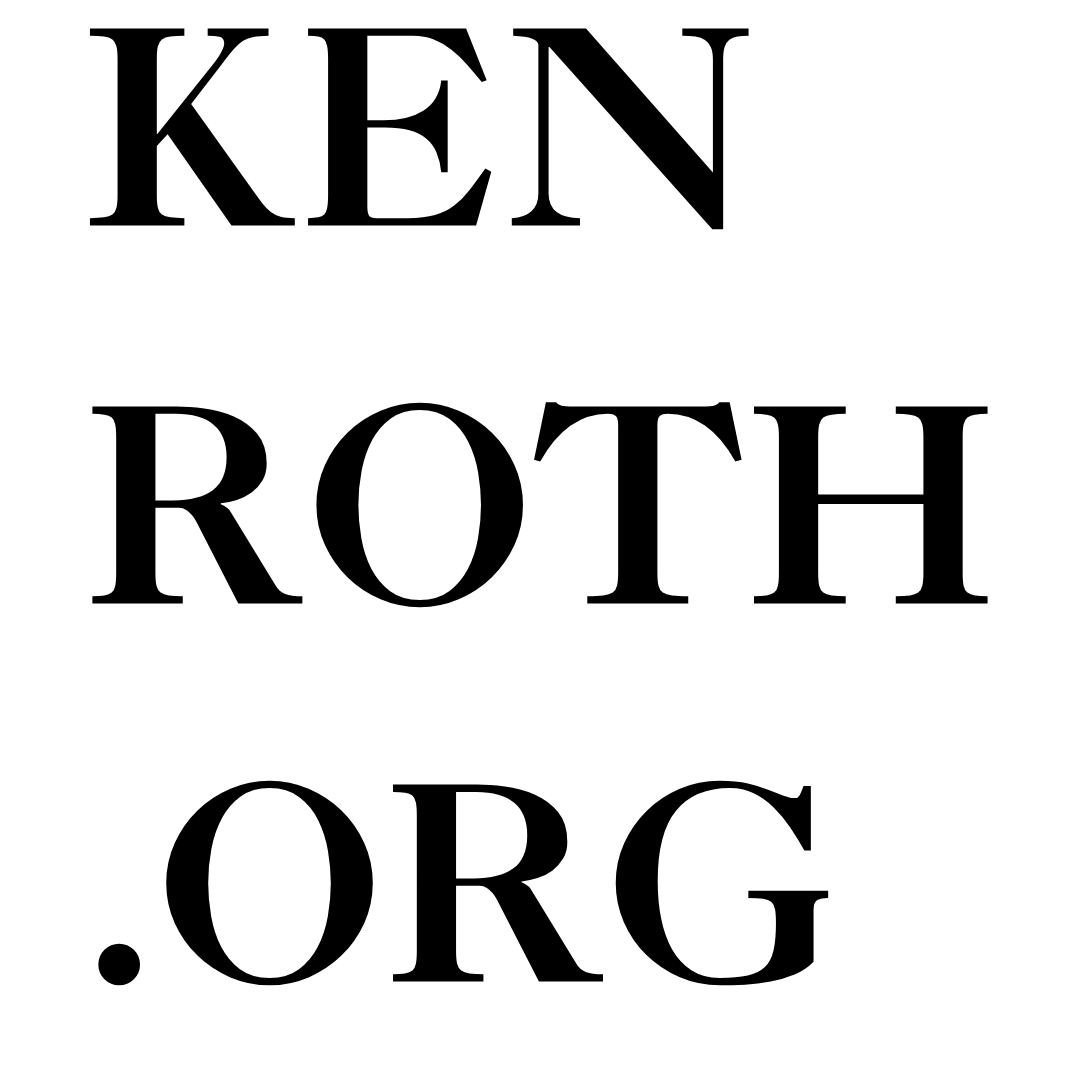In their own way, Russia and China are threatening the world’s system for defending human rights.

Russian President Vladimir Putin and Chinese President Xi Jinping have become stark illustrations of the dangers of autocratic rule. By surrounding themselves with sycophants, suppressing dissent, and either invading or threatening neighboring countries, these dictatorial leaders have become case studies in the perils of unchecked power. Less appreciated is that Putin and Xi, each in his own way, also pose serious threats to the global human rights system. Each sees undermining that system’s ability to condemn their crackdowns at home as essential to maintaining their legitimacy.
Each autocrat also responds to public dissatisfaction—with Putin’s disastrous war in Ukraine or with Xi’s endless zero-COVID lockdowns—by intensifying repression. Putin is jailing participants in protests that have broken out in dozens of cities across the country. Xi has silenced public critics throughout the country, while detaining more than a million Uyghur and other Turkic Muslims in Xinjiang—a region in northwest China—to force them to abandon their religion, language, and culture.
IMAGE DESCRIPTION: Russian President Vladimir Putin and Chinese President Xi Jinping shake hands at the start of the Belt and Road Forum in Beijing, on May 15, 2017. Kenzaburo Fukuhara-Pool/Getty Images
This article was written by Kenneth Roth and published by Foreign Policy on October 27, 2022. You can read the full article here foreignpolicy.com.
